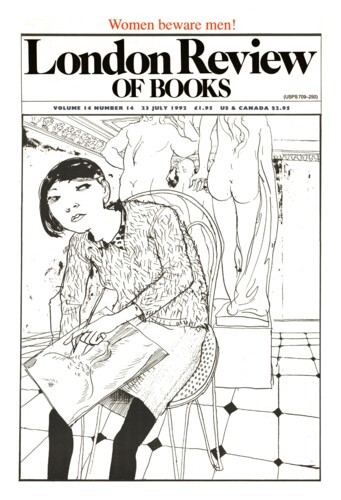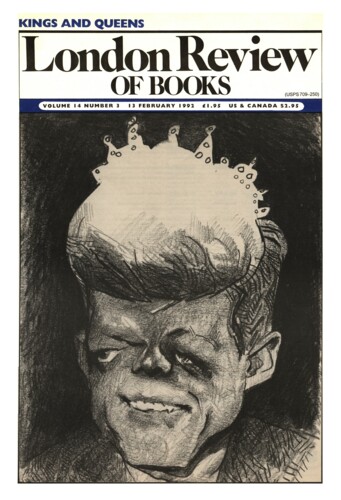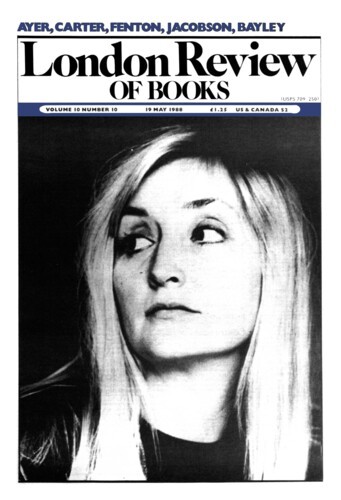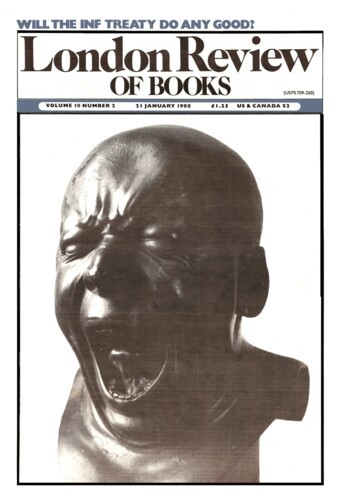The new History of the University of Oxford, already some twenty years in the making, is a prodigious achievement and a posthumous tribute to its general editor, the late T.H. Aston. To date, some 2500 pages of text, footnotes, tables, plates and indices have appeared, and there are four centuries and five volumes to come. As the centuries advance and the evidence mounts, the volumes become fatter. Those who have laboured in the past through D.A. Winstanley on Cambridge, C.E. Mallett on Oxford and Hastings Rashdall on the Medieval university will find the going even heavier: a reflection of the state of historical research today and the problems of assimilating or reducing unprecedented quantities of information. One reading will certainly not suffice. These are volumes for rereading and reference (and let us hope the indices are up to it, for there appear to be lacunae).
The History of the University of Oxford. Vol. I: The Early Oxford Schools edited by J.I. Catto. The History of the University of Oxford. Vol. III: The Collegiate University edited by James McConia. The History of the University of Oxford. Vol. V: The 18th Century edited by L.S. Sutherland and L.G. Mitchell. 1 more book reviewed
The new History of the University of Oxford, already some twenty years in the making, is a prodigious achievement and a posthumous tribute to its general editor, the late T.H. Aston. To date,...





